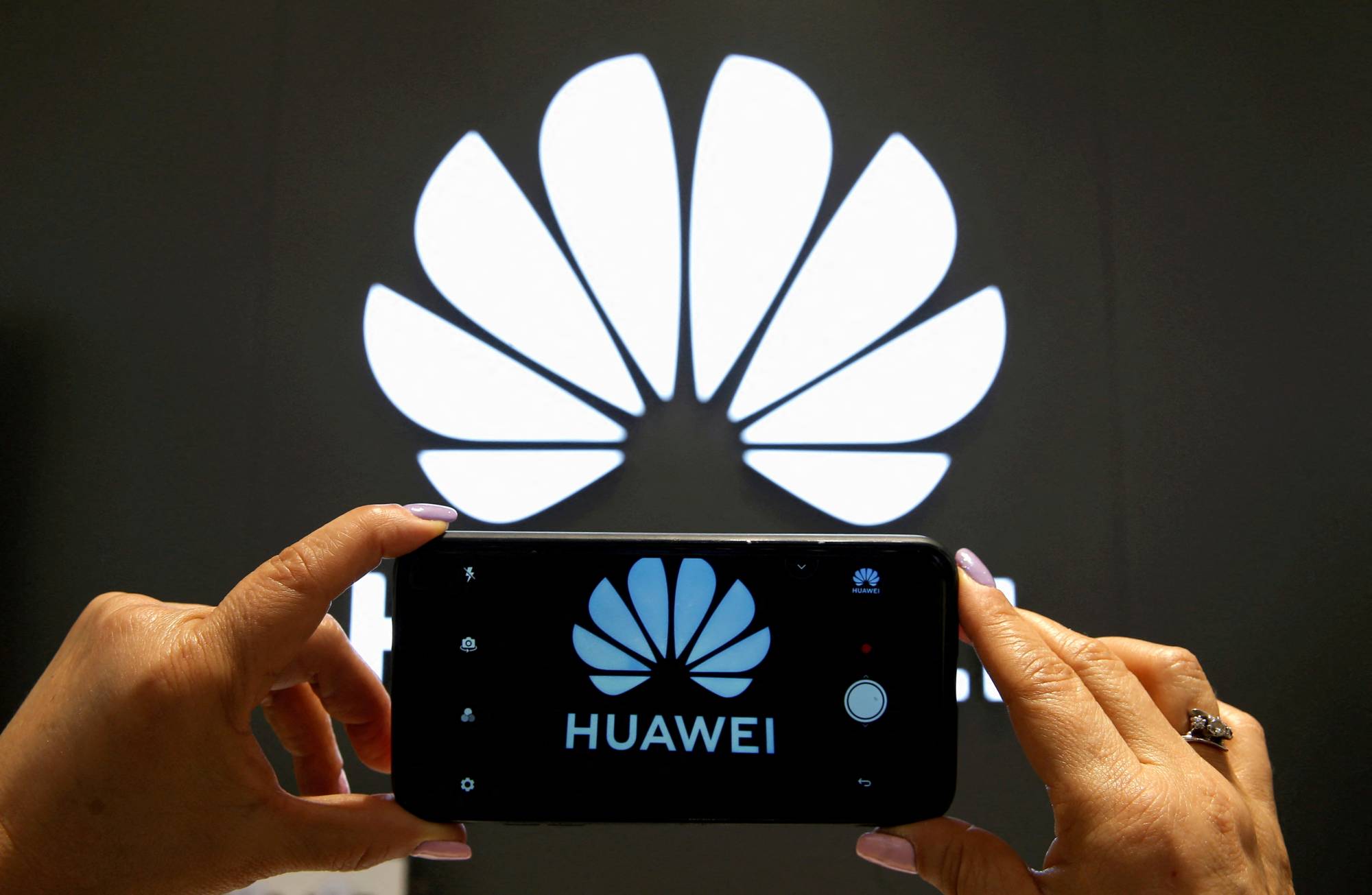
Huawei Technologies Co. is on the verge of finalizing a groundbreaking deal with Tencent Holdings Ltd. that would see Tencent’s WeChat super app operate seamlessly on Huawei’s HarmonyOS platform without sharing any revenue. This strategic move aims to consolidate Huawei’s newly acquired lead over Apple Inc. in the Chinese smartphone market, according to insiders familiar with the ongoing negotiations.
- Revenue Concession:
- Huawei will allow WeChat to function on HarmonyOS without charging Tencent for in-app transactions.
- This breaks from Huawei’s new policy to collect fees from content and service providers on its app store.
- Commitment from Tencent:
- Tencent will maintain and regularly update WeChat for Huawei’s HarmonyOS users.
- This ensures continuous support and performance improvements for the app.
- Potential Impact on Huawei’s Monetization Strategy:
- Huawei plans to implement a 20% fee on in-app purchases, aligning with its monetization strategy for HarmonyOS.
- WeChat will be an exception, likely to boost user retention and platform attractiveness.
- Market Implications:
- The deal reinforces Huawei’s competitive position against Apple in China.
- Ensures that WeChat, crucial for everyday transactions and communication in China, remains available and fully functional on HarmonyOS.
The anticipated agreement follows extensive negotiations between the two Shenzhen-based tech giants, indicating the high stakes involved. As Huawei pivots to its HarmonyOS after being severed from Google’s Android ecosystem due to U.S. sanctions, maintaining robust app support is critical. WeChat, with its multifaceted utility in the Chinese digital landscape, is indispensable for Huawei to maintain user engagement and market leadership.
Huawei’s strategy to waive revenue-sharing with Tencent underscores its commitment to fortify its HarmonyOS ecosystem. Given WeChat’s pervasive use in China—from messaging and social networking to mobile payments and mini-programs—this concession is a calculated move to keep users within Huawei’s ecosystem. HarmonyOS’s success hinges on the availability of essential apps, and WeChat’s integration is pivotal in attracting and retaining users.
For Tencent, securing a no-revenue-sharing deal is advantageous as it seeks to drive more sales from WeChat’s mini-programs. These mini-programs serve as lightweight versions of popular apps, such as ride-hailing service Didi, enhancing user convenience without requiring full app installations. In the September quarter last year, Tencent reported a staggering gross merchandise value (GMV) of 1.5 trillion yuan (approximately US$207 billion) from its mini-programs, highlighting their significant role in Tencent’s ecosystem.
This deal not only affects Huawei and Tencent but also sends ripples across the tech industry. As Huawei prepares to enforce its revenue-sharing model across its app store, other content and service providers will be watching closely. The willingness of Huawei to exempt WeChat could set a precedent or be seen as a special concession to maintain a competitive edge.
| Company | Platform | Revenue Sharing Policy |
|---|---|---|
| Huawei | HarmonyOS | 20% fee on in-app purchases (excluding WeChat) |
| Apple | iOS | 30% commission on WeChat Beans purchases |
| Android (pre-ban) | Variable fees, typically around 15-30% | |
| Tencent | N/A (No sharing fee for in-app transactions on HarmonyOS) |
The absence of a revenue-sharing obligation for WeChat could encourage more developers to prioritize or at least maintain their applications on HarmonyOS, ensuring Huawei’s platform remains competitive. Furthermore, as Huawei transitions to the new version of HarmonyOS, securing WeChat’s support is crucial. Any disruption in WeChat availability could significantly hinder user adoption and satisfaction, impacting Huawei’s market share.
While the deal is nearing completion, it is not yet finalized. The ongoing discussions could face hurdles, and there’s a possibility that the two companies may not reach a consensus. Additionally, Huawei’s outreach to ByteDance Ltd. for similar revenue-sharing discussions regarding Douyin (the Chinese version of TikTok) has not yet yielded positive responses, indicating potential challenges in applying this model universally across all major apps.
- Strategic Exemption: Huawei’s decision to exempt WeChat from revenue-sharing aligns with its goal to maintain a competitive edge over Apple in China.
- User Retention: Ensuring seamless operation of WeChat on HarmonyOS is critical for user retention and satisfaction.
- Broader Implications: This move may influence how other developers perceive and prioritize their relationship with HarmonyOS.
- Revenue Strategy: Huawei’s broader strategy involves charging a 20% fee on in-app purchases, with WeChat as a notable exception.
- Negotiation Challenges: Future negotiations with other app developers could face similar challenges, impacting HarmonyOS’s ecosystem growth.
The Huawei-Tencent deal represents a significant strategic maneuver in the competitive landscape of China’s smartphone market. As Huawei endeavors to solidify HarmonyOS’s position and appeal, securing WeChat’s full functionality without revenue-sharing is a critical component. While challenges remain, the outcome of this negotiation could set the stage for future developments in Huawei’s platform strategy and its broader industry impact.
Related News:
Featured Image courtesy of The Japan Times
